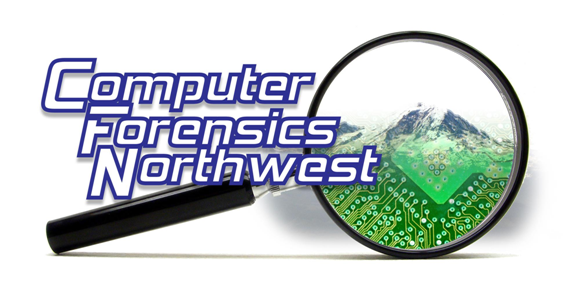My mother has told me for years. “You don’t know what you don’t know.” Nothing is truer than finding out how badly a client’s credit has been damaged in a Identity Theft. Having worked on several of these cases in the past I had the privilege of meeting Georg Finder. Georg is an experienced consultant / expert witness with a proven and successful process to identify which of the six kinds of credit damage have been inflicted on a victim by the responsible parties. His purpose is to increase the completeness and fairness of compensation for each Plaintiff or Defense in a court of law.
Credit Damage Assessment is recognizing evidence that changes case economic value.
Getting fairest value for clients often depends on recognizing a damage that other lawyers disregard or overlook.
Would you be less likely to leave economic damage compensation out of your clients damage demand knowing how to
- recognize that the damage is compensatory
- recognize that client complaints that point out economic damage
- prepare that kind of damage demand that is accepted by arbitrators, judges and juries
PLAINTIFF ATTORNEY FAQS
DEFENSE ATTORNEY FAQS
Getting fairest value for clients often depends on recognizing a damage that other lawyers disregard or overlook.
Would you be less likely to leave economic damage compensation out of your clients damage demand knowing how to
- recognize that the damage is compensatory
- recognize that client complaints that point out economic damage
- prepare that kind of damage demand that is accepted by arbitrators, judges and juries
PLAINTIFF ATTORNEY FAQS
DEFENSE ATTORNEY FAQS
So now you know a little more of what you didn't know. Computer Forensics Northwest is very happy to have made the acquaintance of Georg Finder at Credit Damage Expert.
Alan Delgado
VP Co-Founder
Computer Forensics Northwest
